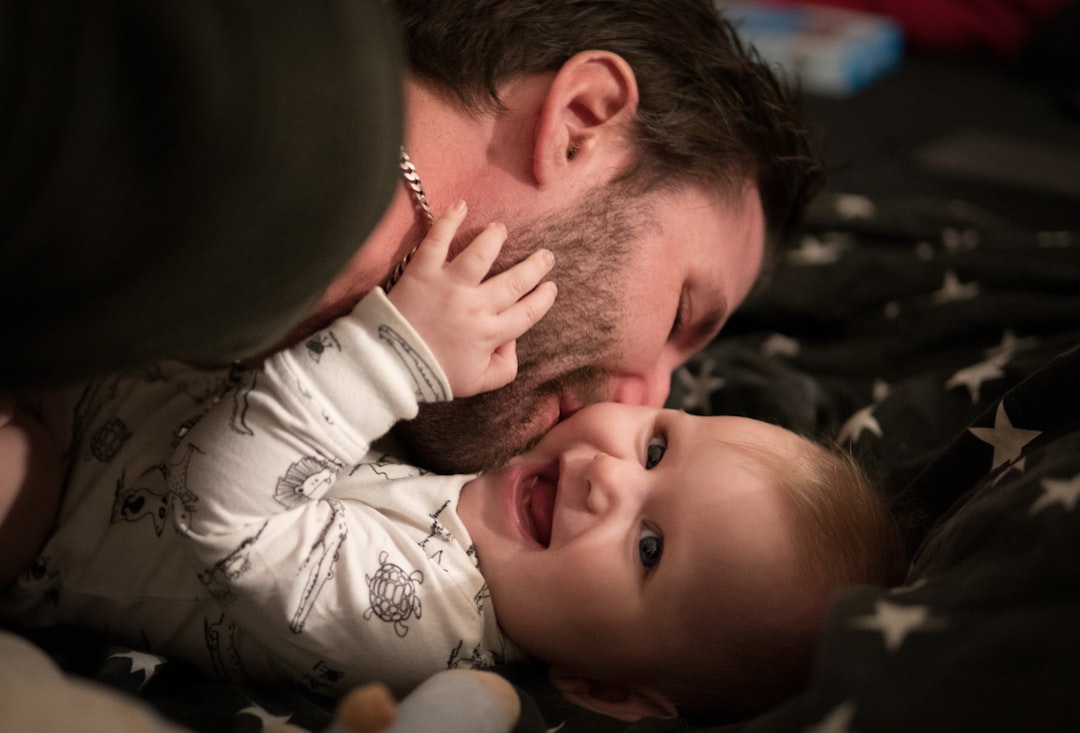What is it about?
Many young people are exposed to sexual, physical, emotional abuse and neglect as well as loss. Many young people look for suitable treatment. This study report on outcomes for Trauma-Focused Cognitive Behavioural Therapy in this age group.
Featured Image

Photo by freestocks on Unsplash
Why is it important?
Exposure to abuse, neglect and maltreatment is not only common but peaks during adolescence and early adulthood. Exposure to abuse, neglect and maltreatment can result in poor mental health and young people are especially vulnerable and at increased risk for early onset of trauma-related symptoms including posttraumatic stress, depression, anxiety, and substance use. Early interventions such as Trauma-Focused Cognitive Behavioural Therapy can be effective but needs to be adjusted to meet to developmental needs of this transitional aged group
Perspectives
I would not have been able to complete this study without the participation of the young people who were willing to share their pain and who were willing to participate in a journey of healing, hope and recovery. It was also a great pleasure to work with the youth research advisors who ensuring that the study was developmentally appropriate. A massive thanks go to the study psychiatrist and the headspace clinical staff for their support. I could not have done this work without the support of my amazing co-authors!
Wilma Peters
University of Melbourne
Read the Original
This page is a summary of: Trauma-focused cognitive–behavioral therapy (TF-CBT) for interpersonal trauma in transitional-aged youth., Psychological Trauma Theory Research Practice and Policy, March 2021, American Psychological Association (APA),
DOI: 10.1037/tra0001016.
You can read the full text:
Contributors
The following have contributed to this page










